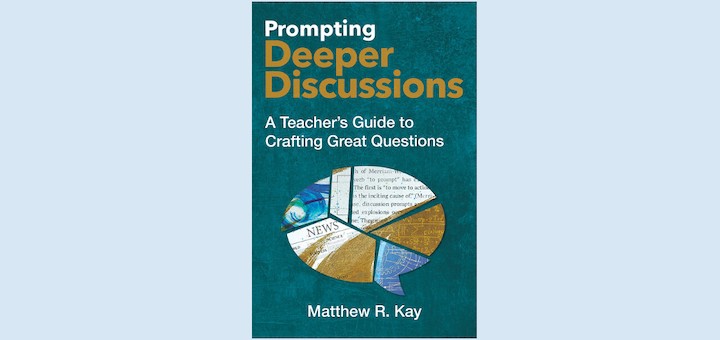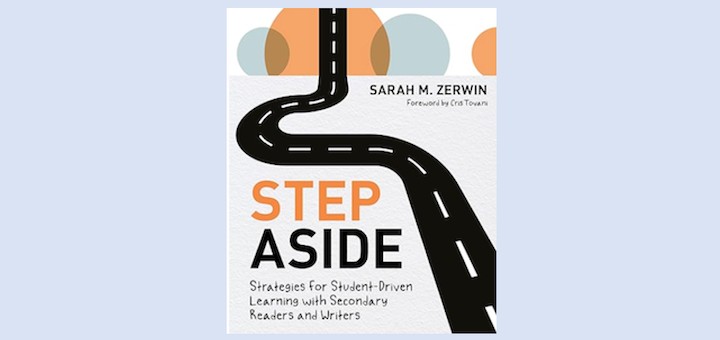Teaching and learning in grades 4-8
MiddleWeb is all about middle school & the middle grades — with a sharp focus on teaching and learning in grades 4-8. Click to learn about our work and what we have to offer, and find out how to get involved.
With the next school year not too far over the horizon, 7th grade teacher Laurie Hornik has tips for getting off to a strong start. She suggests skipping traditional ice breakers and instead introducing the class community by exploring what you will be learning together.
Fiction that explores AI through characters that are robots or humans who interact with AI can spark discussions about the future and engage readers with stories grounded in real ethical and scientific questions. ELA teacher Kasey Short shares titles and ideas for discussion.
Creating a well-rounded middle school student goes way beyond the textbook! Anne Jolly shares the core learning skills and life skills middle-schoolers need and invites teachers – especially STEM teachers – to take up the challenge to help students achieve their potential.
It’s easy to keep busy in just about any job, writes former principal Matt Renwick, now a regional systems coach. What’s difficult to discern is what we should be focused on in this moment. See how Renwick is using what he calls “productive presence” to stay organized and aware.
In Prompting Deeper Discussions Matt Kay provides actionable insights on how to structure discussions, promote critical thinking, and create a safe classroom environment that encourages thoughtful debate. Reviewer Melinda Stewart found tools to refine her classroom practice.
We want students to achieve in class and on tests, but we also want them to know how to use reading skills to enjoy reading. Reading aloud provides students with opportunities to experience success through thinking alongside their teachers and peers, writes Jennifer Sniadecki.
Grammar instruction has barely changed since our grandparents were in school. It’s time to flip that script. ELA teachers Patty McGee and Tim Donohue share fun, effective techniques to help students evolve into grammar rock stars. Welcome to the FANBOYS conjunction fan club!
Invest in Your Best is full of practical insights that any school leader can trust will lead to improved retention of their most effective teachers. Implementing the book’s ideas will also benefit the whole faculty and students, writes Wisconsin systems coach Matt Renwick.
Given the high level of anxiety among teens today, teachers need to focus more on students’ need for safety. Gravity Goldberg suggests ways to use what we know about the body-brain connection to help kids experience the kind of regulation needed for any learning to happen.
Sarah M. Zerwin’s “Step Aside” is full of ideas for secondary teachers ready to build a classroom that supports and encourages students to become involved, engaged, and in control of their literacy learning, writes instructional coach Kathee Lamberies.








































